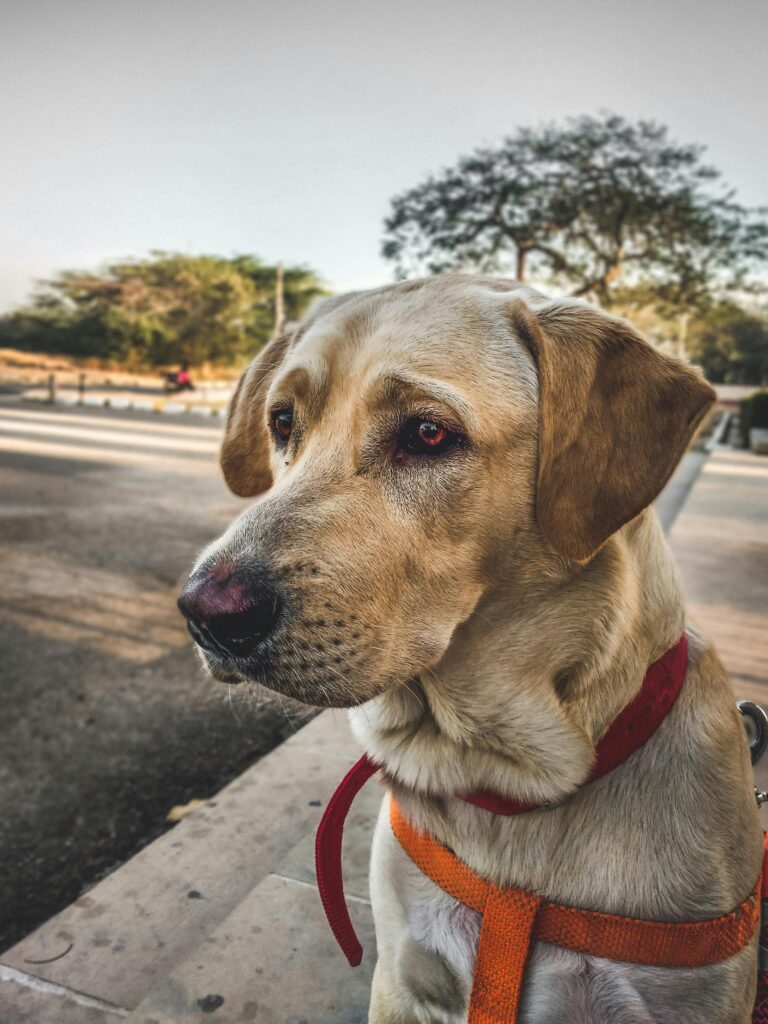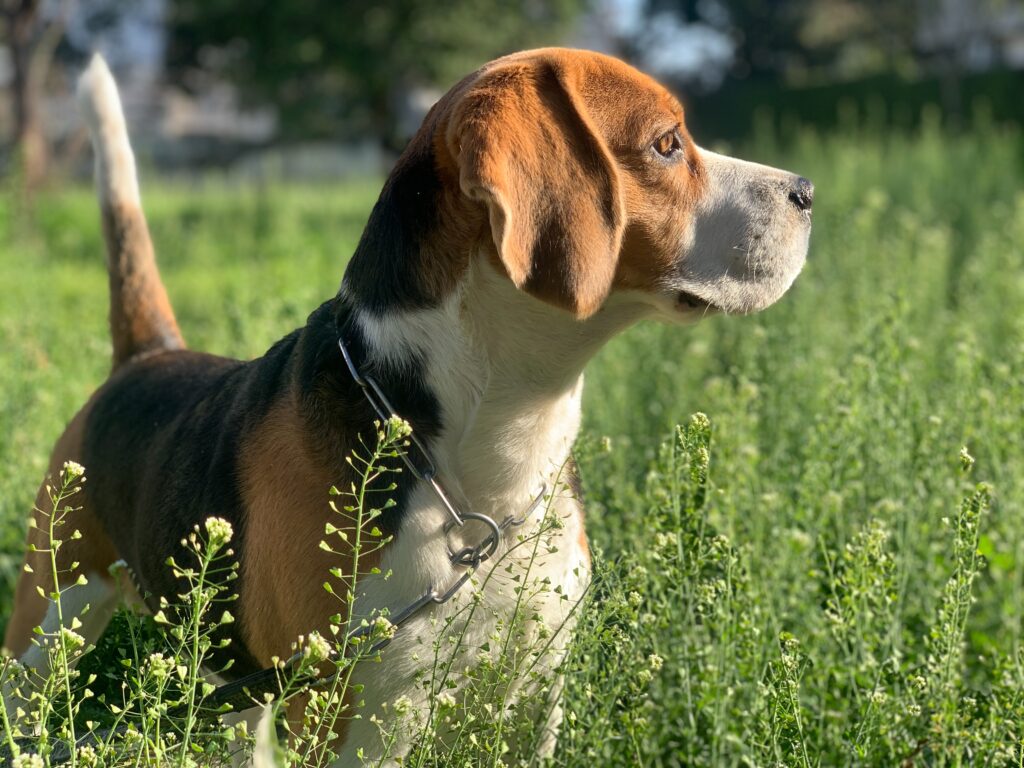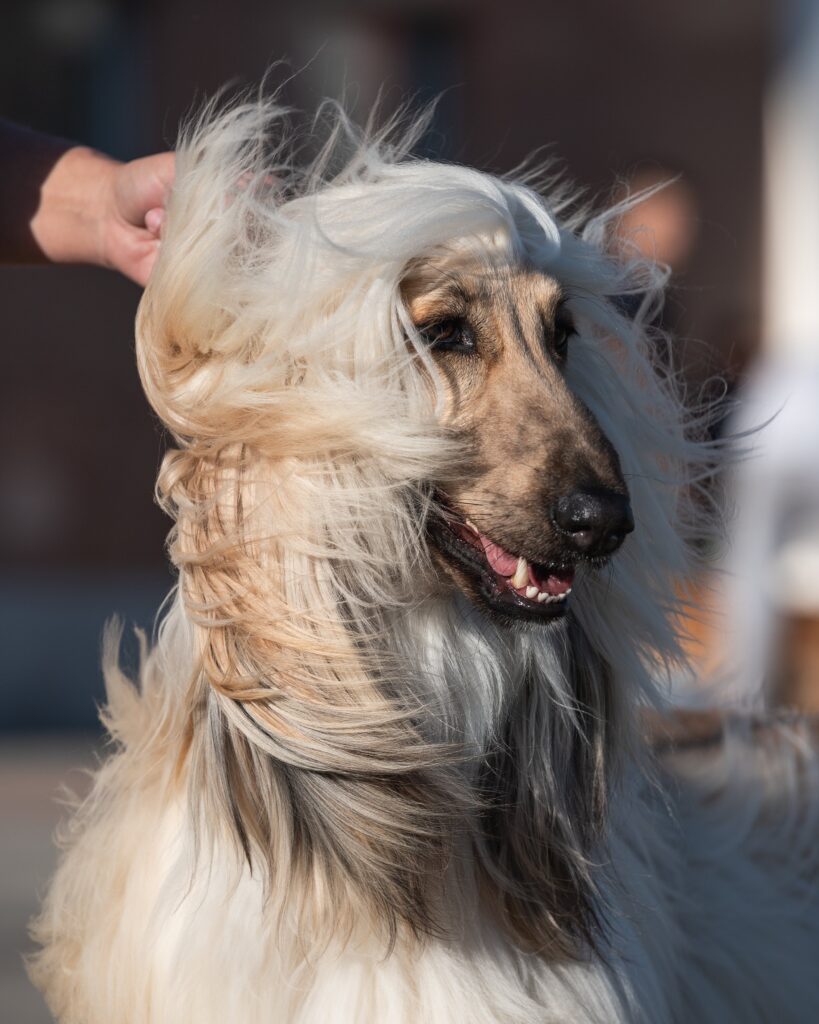Special needs service dogs are trained to assist individuals with disabilities in their daily lives. These dogs are specifically trained to perform tasks that help their owners overcome physical, sensory, or psychiatric challenges. They provide support, companionship, and independence to individuals who may otherwise struggle with everyday tasks.
There are different types of special needs service dogs, each trained to assist with specific disabilities. For example, guide dogs are trained to assist individuals who are blind or visually impaired, while hearing dogs help those who are deaf or hard of hearing. Mobility assistance dogs aid individuals with physical disabilities by retrieving items, opening doors, and providing stability. Additionally, there are psychiatric service dogs that help individuals with mental health conditions such as anxiety or post-traumatic stress disorder.
The benefits of having a special needs service dog are numerous. These dogs can enhance the quality of life for their owners by providing emotional support, increasing independence, and improving overall well-being. They can also help individuals feel more confident and secure in their daily activities. Special needs service dogs are highly trained and reliable companions who can make a significant difference in the lives of those with disabilities.
Characteristics of a Good Special Needs Service Dog
A good special needs service dog possesses certain characteristics that make them suitable for the job. These characteristics include temperament, trainability, physical abilities, and socialization.
Temperament is crucial for a special needs service dog as they need to remain calm and focused in various situations. They should be friendly, patient, and able to handle stress without becoming anxious or aggressive. Trainability is another important characteristic as these dogs need to learn and perform specific tasks reliably. They should be eager to please their owners and have a strong desire to work.
Physical abilities are also essential for a special needs service dog. Depending on the type of disability they are assisting with, they may need to be strong enough to provide stability or retrieve items. They should also have good coordination and balance to navigate different environments.
Socialization is crucial for a special needs service dog as they will be interacting with various people and environments. They should be comfortable in different settings and able to remain focused on their tasks despite distractions. Proper socialization ensures that the dog is well-behaved and confident in any situation they may encounter.
The Importance of Choosing the Right Dog Breed
Choosing the right dog breed is crucial when selecting a special needs service dog. Different breeds have different characteristics and temperaments, making them more suitable for certain types of disabilities. It is important to match the breed to the owner’s needs to ensure a successful partnership.
Considering the breed’s characteristics is essential when choosing a special needs service dog. For example, a breed known for its intelligence and trainability may be more suitable for tasks that require problem-solving or complex commands. On the other hand, a breed known for its strength and physical abilities may be better suited for tasks that require physical assistance.
Researching breeders and rescue organizations is also important when choosing a special needs service dog. It is crucial to find a reputable source that breeds or trains dogs specifically for service work. This ensures that the dog has been properly bred and trained for the job, increasing the chances of success in their role as a special needs service dog.
Labrador Retriever: The Most Popular Special Needs Service Dog Breed
Labrador Retrievers are one of the most popular breeds used as special needs service dogs. They are known for their friendly and outgoing temperament, making them excellent companions for individuals with disabilities.
Labrador Retrievers have a long history of being working dogs, originally bred to assist fishermen in retrieving nets and fish. Their intelligence, trainability, and willingness to please make them highly suitable for service work.
Labrador Retrievers are trained to perform a wide range of tasks as special needs service dogs. They can assist individuals with mobility challenges by retrieving items, opening doors, and providing stability. They can also be trained as guide dogs for individuals who are blind or visually impaired. Additionally, Labrador Retrievers can provide emotional support and companionship to individuals with psychiatric disabilities.
Training requirements for Labrador Retrievers as special needs service dogs are extensive. They undergo rigorous training to learn specific tasks and commands. They must also be well-socialized to ensure they can handle various environments and distractions. Ongoing training and reinforcement are necessary to maintain their skills and ensure they remain reliable in their role as a special needs service dog.
Golden Retriever: A Versatile and Loving Service Dog Breed
Golden Retrievers are another popular breed used as special needs service dogs. They are known for their friendly and gentle nature, making them excellent companions for individuals with disabilities.
Golden Retrievers have a long history of being working dogs, originally bred for retrieving game during hunting. Their intelligence, trainability, and loyalty make them highly suitable for service work.
Golden Retrievers are trained to perform a variety of tasks as special needs service dogs. They can assist individuals with mobility challenges by providing stability and retrieving items. They can also be trained as hearing dogs for individuals who are deaf or hard of hearing. Additionally, Golden Retrievers can provide emotional support and companionship to individuals with psychiatric disabilities.
Training requirements for Golden Retrievers as special needs service dogs are similar to Labrador Retrievers. They undergo extensive training to learn specific tasks and commands. Socialization is also crucial to ensure they can handle different environments and distractions. Ongoing training and reinforcement are necessary to maintain their skills and ensure they remain reliable in their role as a special needs service dog.
German Shepherd: A Strong and Intelligent Service Dog Breed
German Shepherds are a strong and intelligent breed that is often used as special needs service dogs. They are known for their loyalty, trainability, and protective nature, making them excellent companions for individuals with disabilities.
German Shepherds have a long history of being working dogs, originally bred for herding livestock. Their intelligence, strength, and versatility make them highly suitable for service work.
German Shepherds are trained to perform a variety of tasks as special needs service dogs. They can assist individuals with mobility challenges by providing stability and retrieving items. They can also be trained as guide dogs for individuals who are blind or visually impaired. Additionally, German Shepherds can provide emotional support and companionship to individuals with psychiatric disabilities.
Training requirements for German Shepherds as special needs service dogs are similar to Labrador Retrievers and Golden Retrievers. They undergo extensive training to learn specific tasks and commands. Socialization is also crucial to ensure they can handle different environments and distractions. Ongoing training and reinforcement are necessary to maintain their skills and ensure they remain reliable in their role as a special needs service dog.
Poodle: A Hypoallergenic and Intelligent Service Dog Breed
Poodles are a hypoallergenic breed that is often used as special needs service dogs. They are known for their intelligence, trainability, and hypoallergenic coat, making them suitable for individuals with allergies.
Poodles have a long history of being working dogs, originally bred for retrieving waterfowl during hunting. Their intelligence, agility, and non-shedding coat make them highly suitable for service work.
Poodles are trained to perform a variety of tasks as special needs service dogs. They can assist individuals with mobility challenges by providing stability and retrieving items. They can also be trained as hearing dogs for individuals who are deaf or hard of hearing. Additionally, Poodles can provide emotional support and companionship to individuals with psychiatric disabilities.
Training requirements for Poodles as special needs service dogs are similar to other breeds. They undergo extensive training to learn specific tasks and commands. Socialization is also crucial to ensure they can handle different environments and distractions. Ongoing training and reinforcement are necessary to maintain their skills and ensure they remain reliable in their role as a special needs service dog.
Bernese Mountain Dog: A Gentle and Affectionate Service Dog Breed
Bernese Mountain Dogs are a gentle and affectionate breed that can be used as special needs service dogs. They are known for their calm and patient nature, making them excellent companions for individuals with disabilities.
Bernese Mountain Dogs have a long history of being working dogs, originally bred for herding livestock in the Swiss Alps. Their strength, loyalty, and gentle temperament make them suitable for service work.
Bernese Mountain Dogs are trained to perform a variety of tasks as special needs service dogs. They can assist individuals with mobility challenges by providing stability and retrieving items. They can also provide emotional support and companionship to individuals with psychiatric disabilities.
Training requirements for Bernese Mountain Dogs as special needs service dogs are similar to other breeds. They undergo extensive training to learn specific tasks and commands. Socialization is also crucial to ensure they can handle different environments and distractions. Ongoing training and reinforcement are necessary to maintain their skills and ensure they remain reliable in their role as a special needs service dog.
Great Dane: A Calm and Protective Service Dog Breed
Great Danes are a calm and protective breed that can be used as special needs service dogs. They are known for their gentle nature, making them excellent companions for individuals with disabilities.
Great Danes have a long history of being working dogs, originally bred for hunting large game in Germany. Their size, strength, and calm demeanor make them suitable for service work.
Great Danes are trained to perform a variety of tasks as special needs service dogs. They can assist individuals with mobility challenges by providing stability and retrieving items. They can also provide emotional support and companionship to individuals with psychiatric disabilities.
Training requirements for Great Danes as special needs service dogs are similar to other breeds. They undergo extensive training to learn specific tasks and commands. Socialization is also crucial to ensure they can handle different environments and distractions. Ongoing training and reinforcement are necessary to maintain their skills and ensure they remain reliable in their role as a special needs service dog.
Boxer: An Energetic and Loyal Service Dog Breed
Boxers are an energetic and loyal breed that can be used as special needs service dogs. They are known for their playful nature, making them excellent companions for individuals with disabilities.
Boxers have a long history of being working dogs, originally bred for hunting and guarding livestock in Germany. Their strength, agility, and loyalty make them suitable for service work.
Boxers are trained to perform a variety of tasks as special needs service dogs. They can assist individuals with mobility challenges by providing stability and retrieving items. They can also provide emotional support and companionship to individuals with psychiatric disabilities.
Training requirements for Boxers as special needs service dogs are similar to other breeds. They undergo extensive training to learn specific tasks and commands. Socialization is also crucial to ensure they can handle different environments and distractions. Ongoing training and reinforcement are necessary to maintain their skills and ensure they remain reliable in their role as a special needs service dog.
Choosing the right special needs service dog breed is crucial for individuals with disabilities. Different breeds have different characteristics and temperaments, making them more suitable for certain types of disabilities. Labrador Retrievers, Golden Retrievers, German Shepherds, Poodles, Bernese Mountain Dogs, Great Danes, and Boxers are all popular breeds used as special needs service dogs.
Each breed has its own unique qualities that make them suitable for specific tasks and disabilities. Labrador Retrievers are known for their friendly temperament and versatility, while Golden Retrievers are known for their gentle nature and versatility. German Shepherds are known for their intelligence and protective nature, while Poodles are known for their hypoallergenic coat and intelligence. Bernese Mountain Dogs are known for their calm and patient nature, while Great Danes are known for their size and calm demeanor. Boxers are known for their energy and loyalty.
It is important to research and consider the specific needs of the individual when choosing a special needs service dog breed. Consulting with breeders or rescue organizations that specialize in service dogs can provide valuable guidance in finding the right match. Adopting a special needs service dog can be a life-changing experience, providing individuals with disabilities with the support, companionship, and independence they need to thrive.
If you’re interested in learning more about dog behavior and training, you might find the article “Positive Training for Aggressive and Reactive Dogs: Proven Techniques to Help Your Dog Overcome Fear and Anxiety” helpful. This comprehensive guide, available at dogblogpro.com, provides effective strategies to rehabilitate anxious dogs and promote calm behavior. Understanding and addressing aggression and reactivity in dogs is crucial for their well-being and the safety of those around them.



